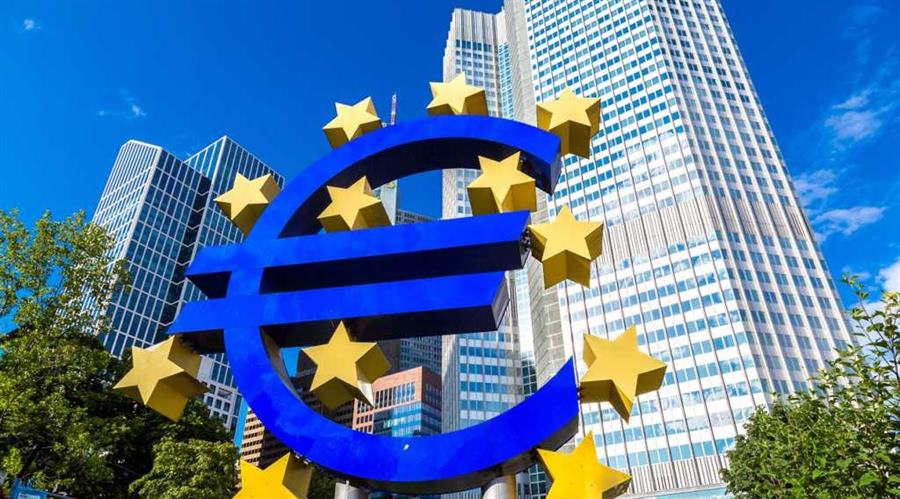The Future of Digital Payments in Europe: ECB Partners with Five Companies
ECB’s Digital Euro Prototyping Exercise
The European Central Bank (ECB), the apex bank of the 19 European Union countries that have adopted the euro, has selected five companies to participate in a digital euro payment prototyping exercise. ECB in a statement published on Friday said it will partner with the companies to “develop potential user interfaces for the digital euro.”
As the world around us continues to evolve digitally, so does the way we handle our finances. With the rise of cryptocurrencies and other digital payment methods, it comes as no surprise that central banks are looking into the possibility of introducing a digital version of their national currencies. The ECB’s decision to partner with these five companies marks a significant step towards potentially implementing a digital euro in the near future.
The selected companies will work closely with the ECB to create prototypes that showcase how a digital euro could be used in real-world scenarios. This includes developing user-friendly interfaces that allow for seamless transactions, whether it be for online purchases or peer-to-peer transfers. By involving these companies in the prototyping exercise, the ECB aims to gather valuable insights on how best to design and implement a digital euro that meets the needs of its users.
Impact on Individuals
For individuals, the introduction of a digital euro could revolutionize the way we handle our day-to-day transactions. Imagine being able to make instant payments from your smartphone or computer, without the need for physical cash or cards. This not only offers greater convenience, but it also opens up new opportunities for financial inclusion, especially for those who may not have access to traditional banking services.
Additionally, a digital euro could offer enhanced security features that protect users from fraud and identity theft. With built-in encryption and authentication mechanisms, users can have peace of mind knowing that their transactions are safe and secure. This could help build trust in digital payments and encourage more people to embrace this new way of managing their finances.
Impact on the World
The introduction of a digital euro could have far-reaching implications for the global economy. As one of the largest economies in the world, the euro plays a significant role in international trade and finance. By digitizing the euro, the ECB could pave the way for other central banks to explore similar initiatives, leading to a more interconnected and efficient global financial system.
Furthermore, a digital euro could potentially reduce the reliance on traditional banking infrastructure, making cross-border transactions faster and more cost-effective. This could benefit businesses of all sizes, especially those engaged in international trade, by streamlining the payment process and lowering transaction fees.
Conclusion
In conclusion, the ECB’s decision to partner with five companies for the digital euro prototyping exercise is a clear indication of the central bank’s commitment to embracing digital innovation in the financial sector. The development of a digital euro has the potential to revolutionize how we handle payments, both at an individual level and on a global scale. As we await further developments in this space, one thing is certain – the future of digital payments in Europe looks bright.





